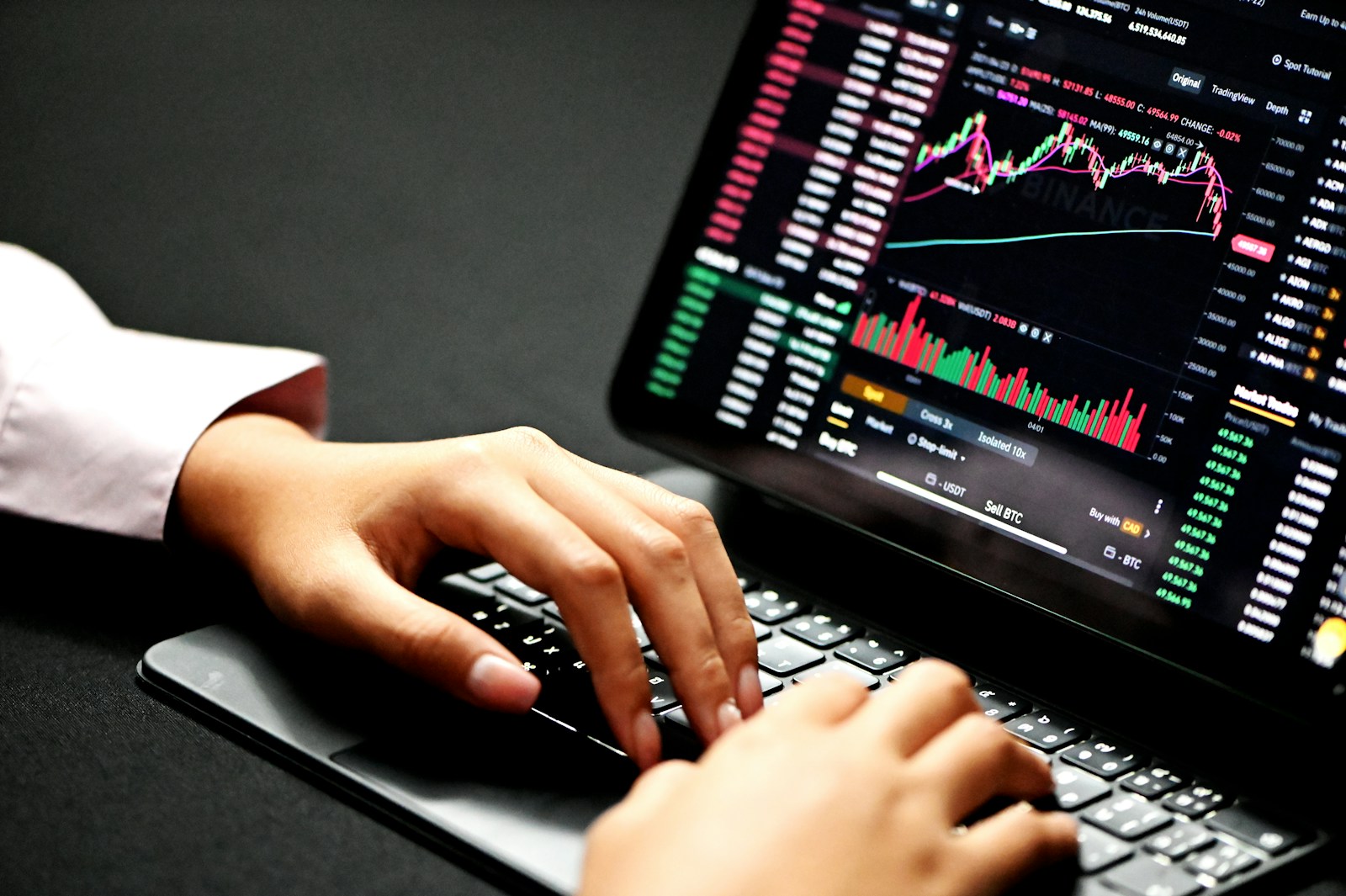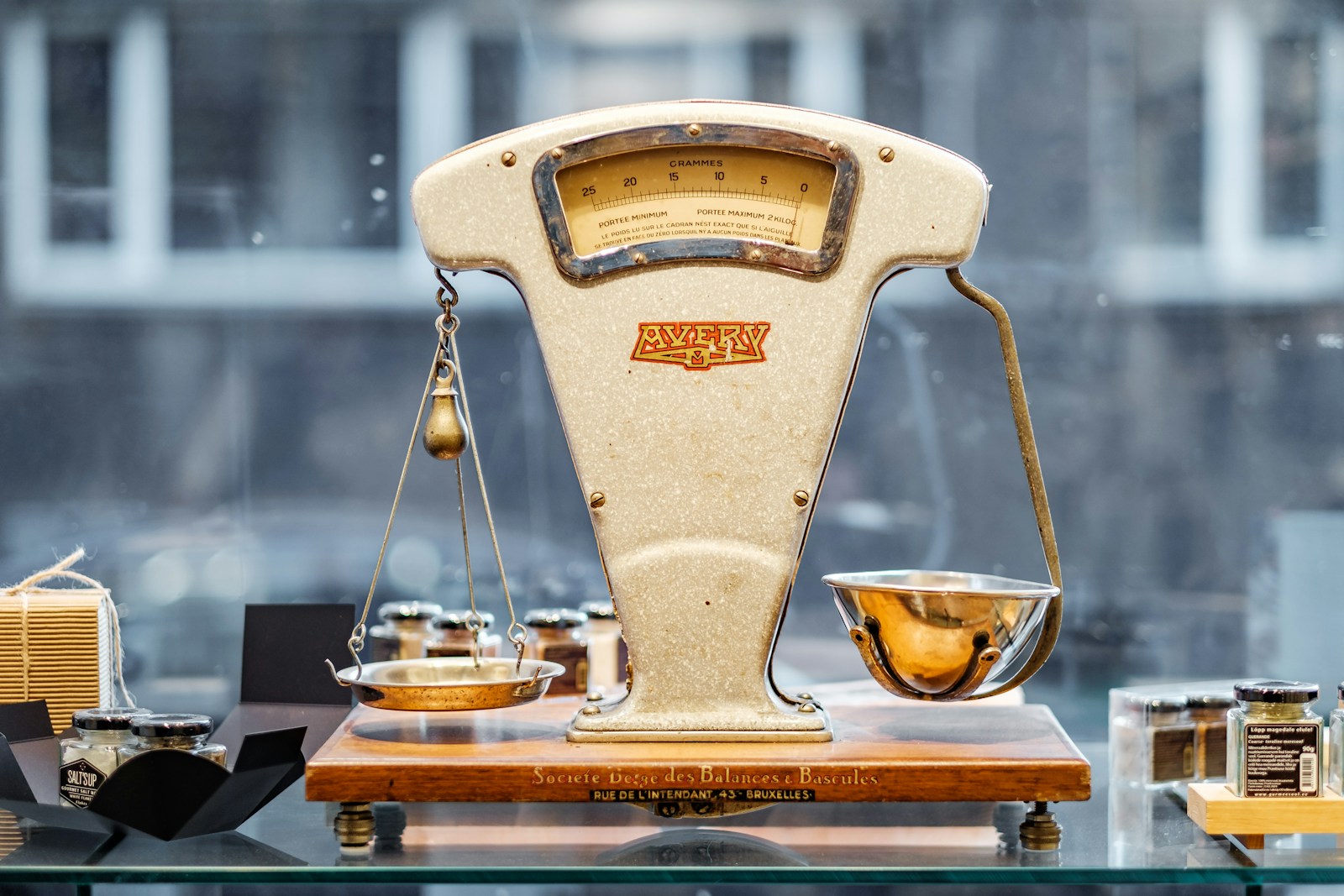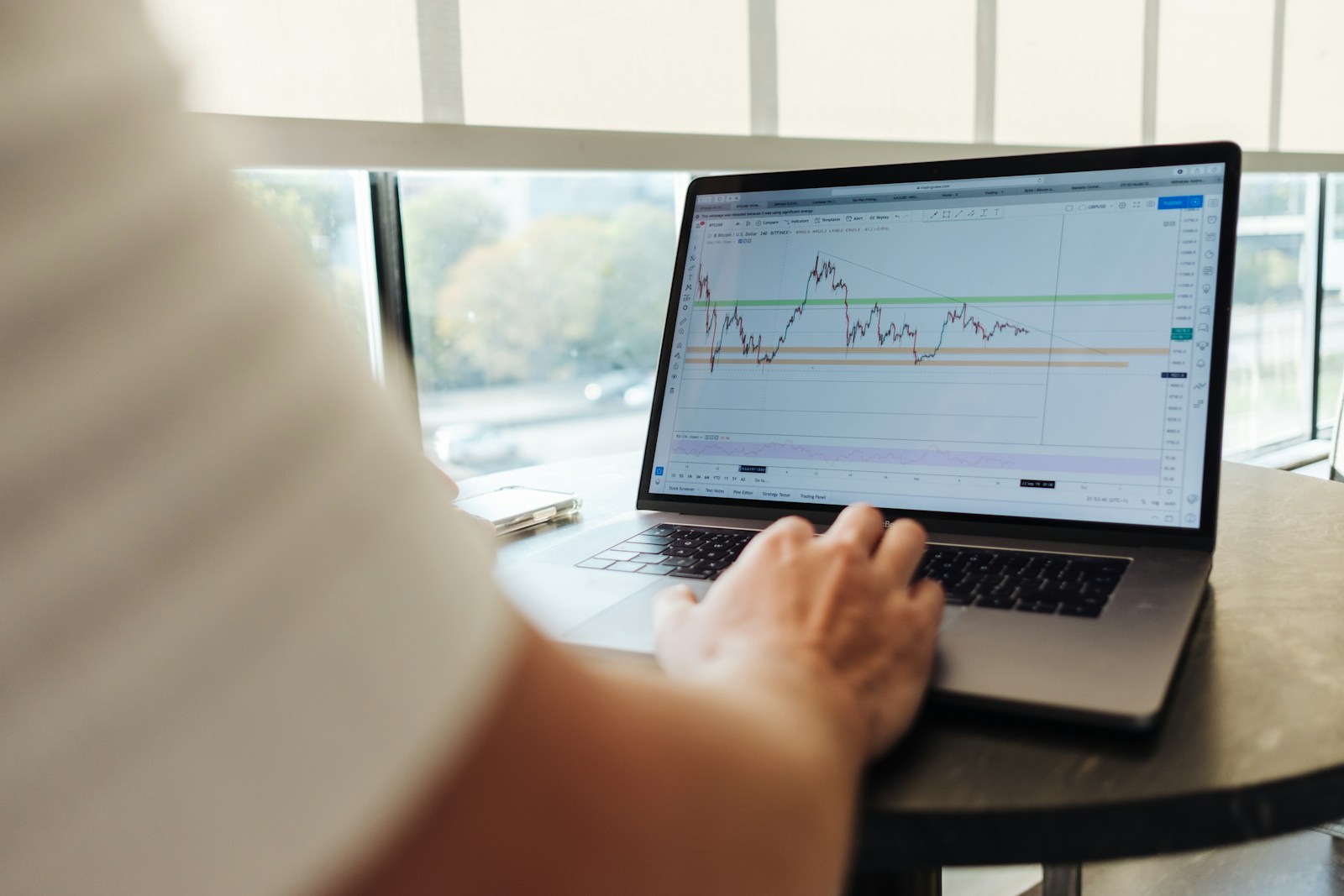Choosing the right market and trading instrument is one of the most critical decisions for a trader. It’s not just a matter of financial analysis or market trends—it’s also about aligning these choices with your psychological strengths, trading style, and temperament. This article explores the psychological factors to consider when selecting a market and trading instrument, as well as tips to stay disciplined once your choices are made.
The Psychological Impact of Market and Instrument Selection
1. Stress Levels
Different markets have varying levels of volatility. Trading in highly volatile markets like cryptocurrency or leveraged forex pairs can create emotional strain, while more stable markets like bonds may suit those seeking steadier returns.
2. Decision Fatigue
Some instruments, such as options, require complex decision-making and strategy formulation, while trading stocks or index funds might involve simpler decisions.
3. Emotional Attachment
Familiarity with a particular sector or market can create bias, leading traders to make emotional decisions rather than rational ones.
4. Confidence and Comfort
Trading in a market you understand builds confidence and reduces anxiety. Selecting instruments that match your skill level fosters a sense of control.
Factors to Consider When Choosing a Market
1. Market Volatility
- High Volatility Markets: Cryptocurrency, forex, and some commodity markets attract traders seeking quick gains but require strong emotional control.
- Low Volatility Markets: Bonds and stable stocks are better suited for conservative traders seeking gradual growth.
2. Market Hours
Consider whether the market operates during hours that align with your availability. Forex markets operate 24 hours, while stock markets have specific trading hours.
3. Liquidity
Trading in liquid markets ensures you can enter and exit positions quickly, reducing the stress of getting "stuck" in a trade.
4. Market Familiarity
Choose a market you understand or are willing to study in-depth. Knowledge builds confidence and reduces emotional trading.
Choosing the Right Trading Instrument
Risk Tolerance
- High-Risk Instruments: Options, futures, and leveraged ETFs are suitable for traders with a high-risk appetite.
- Low-Risk Instruments: Blue-chip stocks and bonds are more appropriate for risk-averse traders.
Complexity
Simple instruments like stocks are ideal for beginners, while complex instruments like derivatives require advanced knowledge and strong psychological resilience.
Investment Horizon
- Short-term traders might prefer instruments like forex or day-tradable stocks.
- Long-term investors may lean toward mutual funds or ETFs.
Personal Interest
Trading in sectors or instruments you are passionate about can keep you engaged and motivated to stay informed.
Psychological Tips for Picking and Sticking with Your Choices
1. Avoid Overwhelm
Don’t spread yourself too thin by trading across multiple markets and instruments. Focus on mastering one or two.
2. Stay Objective
Avoid emotional attachment to specific markets or instruments. Base decisions on data and analysis, not personal bias.
3. Develop a Niche
Becoming an expert in a specific market or instrument can build confidence and improve decision-making.
4. Review and Adapt
Periodically assess whether your chosen market and instruments are still serving your trading goals and psychological well-being.
5. Maintain Discipline
Stick to your trading plan and avoid the temptation to chase “hot” markets or instruments without proper research.
Common Psychological Pitfalls
1. Chasing Hot Markets
Traders often jump into popular markets without proper research, driven by FOMO (Fear of Missing Out).
Solution: Stay focused on your chosen market and assess new opportunities carefully.
2. Overcomplicating Trades
Selecting too many complex instruments can lead to decision fatigue and poor trade execution.
Solution: Simplify your trading strategy by focusing on a few key instruments.
3. Emotional Biases
Familiarity with a market or instrument can create blind spots, leading to irrational decisions.
Solution: Regularly challenge your assumptions and seek objective feedback.
Conclusion
The psychology of picking the right market and trading instrument is about aligning your choices with your trading style, risk tolerance, and mental strengths. By selecting markets and instruments that suit your personality and staying disciplined in your approach, you can trade with greater confidence, reduce stress, and improve your chances of success.
Remember, trading is a journey of continuous learning and adaptation. Choose wisely, stay focused, and trust your process.







